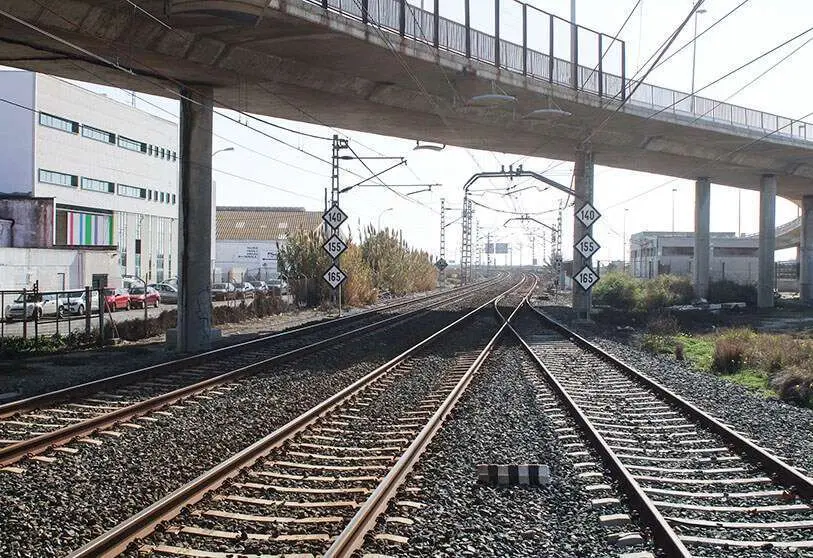Sad end of an historic train

Those nostalgic for the train will be disappointed when they discover that the historic Lusitania Express, which had linked Madrid and Lisbon for the last eighty years, will be another victim of the COVID-19. The closure of the borders forced a temporary interruption of its services and it will not resume them again. RENFE and FP, the two companies that shared the concession, consider that it is no longer profitable.
Although the business reasons are understandable, the disappearance generates criticism. It can no longer compete with the plane that does the route in fifty minutes and at half the price. The Lusitania Express, which linked the Delicias and Rossio stations, with some intermediate stops, took ten and a half hours. For many years it was the fastest and most comfortable transport between the two capitals.
It was created in 1943, in the middle of World War II, and since then it had never stopped its service. Not even during the crisis generated by the fire at the Embassy did it cease to circulate normally. It was born as a luxury hotel train: it was said that its comforts, food and attentions by Wagon lits were similar to those of the Ritz hotel. Some comments compared it to the Oriente Express because of the memories and anecdotes it accumulated.
All the personalities of the time who visited the two countries travelled there. Portuguese historians remember that it was here that the then Prince Juan Carlos - whose family was in exile in Estoril - moved to Madrid on 9 November 1948 to begin his training. The last notable passenger recorded by the Portuguese press was Greta Thunberg in her choice of ecological transport to attend the climate summit in Madrid.
The train on which she made the journey was already a long way from that luxurious rolling hotel of the early years. Its deterioration had been evident for a long time, but the two consignee companies agreed on the precariousness of its future and were reluctant to introduce improvements beyond those necessary to guarantee safety. One of the last Spanish travellers who wanted to live the experience complained about the whining aspect of the facilities, the poor service of the restaurant, its desperate slowness and the lack of travellers who accompanied him. It had long been known that it was only people who were afraid of the plane or some nostalgic for the railways who used it.
Although this is not official, it seems that both companies, aware of the unfeasibility of its maintenance, were waiting for the right moment to suspend it. Some time ago, the creation of a high-speed train to replace it was considered, but the idea was put on hold due to Portuguese objections to investment and differences of opinion about the route it would take. The coronavirus made it easier for them to make a controversial decision.

